In today’s competitive job market, hiring the right talent is crucial for business success. Companies often rely on two key roles in the recruitment process: hiring manager and recruiters. While their goals align in securing the best candidates for the organization, their responsibilities differ. Collaboration between these two roles is essential to ensure a smooth and effective hiring process.
This blog explores how hiring manager and recruiters collaborate, the dynamics of their relationship, and strategies to strengthen their partnership for better recruitment outcomes.
Understanding the Roles: Hiring Manager vs. Recruiter
Before diving into their collaboration, it’s essential to understand the distinct roles of hiring manager and recruiters:
- Hiring Manager
Hiring manager are typically department leaders or team supervisors responsible for filling a vacancy within their unit. They define the job requirements, evaluate candidates, and make final hiring decisions. - Recruiters
Recruiters, whether in-house or external, focus on sourcing, attracting, and screening candidates. They handle administrative and logistical aspects of the hiring process, ensuring a steady pipeline of qualified talent.
Although their functions differ, their combined efforts are necessary to align the talent acquisition process with organizational goals.
How Hiring Manager and Recruiters Collaborate
Collaboration between hiring managers and recruiters happens at various stages of the recruitment process. Here’s how they work together:
1. Defining Job Requirements
The recruitment process begins with a clear understanding of the role to be filled.
- Recruiter’s Role: Recruiters gather initial information about the position and draft job descriptions. They may research market trends and provide insights into skills availability.
- Hiring Manager’s Role: Hiring managers provide detailed input about the role, including responsibilities, qualifications, and the ideal candidate profile.
By working together at this stage, they ensure the job description accurately reflects the position and attracts the right talent.
2. Sourcing Candidates
Sourcing is a critical phase where collaboration ensures quality leads.
- Recruiter’s Role: Recruiters leverage job boards, social media, and their talent databases to find candidates. They may also engage in proactive headhunting for niche roles.
- Hiring Manager’s Role: Hiring managers can suggest industry-specific platforms or professional networks and may even refer candidates from their connections.
Effective communication ensures that recruiters target the most appropriate channels for sourcing.
3. Screening Resumes and Initial Assessments
The volume of applications often necessitates a collaborative approach to screening.
- Recruiter’s Role: Recruiters review resumes, conduct initial interviews, and create a shortlist of candidates who meet the basic criteria.
- Hiring Manager’s Role: Hiring managers review the shortlisted candidates to assess technical skills and cultural fit, providing feedback on the initial selections.
This partnership ensures that only the most promising candidates proceed to the next stages.
4. Coordinating Interviews
Scheduling and conducting interviews require seamless coordination.
- Recruiter’s Role: Recruiters arrange interviews, communicate with candidates, and provide them with necessary information about the process.
- Hiring Manager’s Role: Hiring managers prepare relevant questions and participate in interviews to evaluate candidates in-depth.
Close collaboration during interviews ensures a professional experience for candidates and effective evaluation.
5. Providing Feedback
Timely and constructive feedback is critical for refining the recruitment process.
- Recruiter’s Role: Recruiters gather feedback from hiring managers and share it with candidates. They also use the feedback to adjust sourcing strategies if needed.
- Hiring Manager’s Role: Hiring managers provide detailed feedback on candidates’ strengths and areas for improvement, helping recruiters refine the candidate pool.
A transparent feedback loop prevents misunderstandings and improves future collaboration.
6. Extending Job Offers
Once a suitable candidate is identified, the recruiter and hiring manager collaborate on the offer.
- Recruiter’s Role: Recruiters handle offer preparation, salary negotiations, and communication with the candidate.
- Hiring Manager’s Role: Hiring managers may approve or adjust the offer and play a role in persuading the candidate to join the organization.
A unified approach ensures the offer aligns with both the candidate’s expectations and organizational policies.
7. Onboarding New Hires
The collaboration doesn’t end with hiring; onboarding is equally critical.
- Recruiter’s Role: Recruiters manage the administrative aspects of onboarding, such as paperwork and orientation scheduling.
- Hiring Manager’s Role: Hiring managers introduce the new hire to the team, provide role-specific training, and set performance expectations.
A smooth onboarding process sets the tone for the new hire’s experience and integration into the company.
Best Practices for Effective Collaboration
To maximize the efficiency of their collaboration, hiring managers and recruiters should adopt the following best practices:
- Clear Communication: Establish regular check-ins to discuss progress, challenges, and expectations. Miscommunication can lead to delays or mismatches in hiring.
- Set Realistic Timelines: Both parties should agree on recruitment timelines to avoid bottlenecks and ensure a smooth process.
- Leverage Technology: Use applicant tracking systems (ATS) and collaboration tools to streamline communication and keep track of candidate progress.
- Define Roles Clearly: Avoid overlap or confusion by clearly defining each party’s responsibilities from the start.
- Mutual Respect and Trust: Recognize each other’s expertise and value. Hiring managers understand the needs of their team, while recruiters bring market knowledge and sourcing skills.
- Feedback Loop: Maintain an open feedback loop to continuously improve the process and address any issues promptly.
Benefits of Strong Collaboration
When hiring managers and recruiters collaborate effectively, the benefits are significant:
- Faster Hiring: Streamlined processes reduce time-to-hire and help fill roles quickly.
- Higher Quality Hires: Combined expertise ensures better candidate selection.
- Enhanced Candidate Experience: Professionalism and clear communication create a positive impression of the company.
- Reduced Costs: Efficient collaboration minimizes wasted time and resources.
- Improved Retention: Selecting the right candidate increases the likelihood of long-term retention.
Conclusion
Hiring managers and recruiters are two sides of the same coin in the recruitment process. Their collaboration ensures that businesses attract, evaluate, and retain the best talent available. By defining roles clearly, maintaining open communication, and leveraging each other’s expertise, they can create a seamless hiring experience that benefits both the organization and its employees.
If your business is looking to enhance its recruitment efforts, fostering a strong partnership between hiring managers and recruiters is the key to success.
Frequently Ask Questions
Q. What is the difference between HR manager and hiring manager?
A. An HR manager oversees company-wide HR functions like recruitment policies and compliance, while a hiring manager focuses on filling roles in their specific department.
Q. Can I speak to the hiring manager?
A. Yes, candidates may interact with the hiring manager during interviews or post-screening to discuss job-specific expectations and evaluate fit for the role.
Q. Is a recruiter the same as a hiring manager?
A. No, a recruiter sources and screens candidates, while a hiring manager evaluates them, conducts interviews, and makes the final hiring decision for their team.
Q. Is hiring manager the final interview?
A. Often, yes. The hiring manager typically conducts the final interview to assess candidate suitability for the role and make the hiring decision.
Q. Who is higher, HR or manager?
A. It depends on the company structure. In most cases, HR and hiring managers operate at similar levels, but their responsibilities differ significantly.
Q. Who is called a hiring manager?
A. A hiring manager is a leader or supervisor within a department responsible for recruiting and selecting candidates for open positions on their team.

